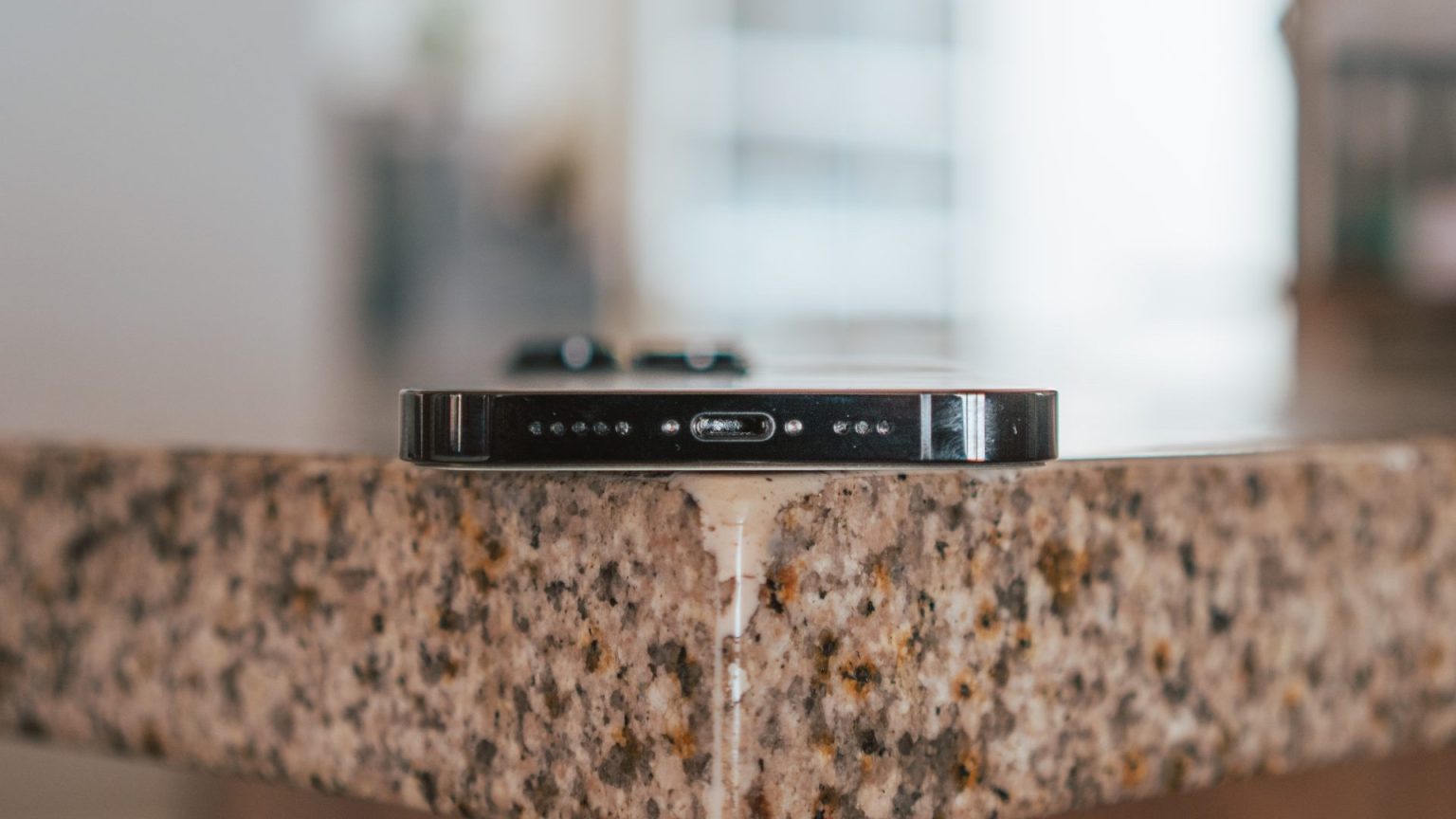Apple has been ordered by a Seoul-based court in South Korea to pay for damages caused by the now-infamous “batterygate” debacle, according to a new report from The Korea Herald.
The high court in Seoul has now ordered Apple to pay 70,000 won ($53) for each of the final seven members of the class-action lawsuit originally filed in 2018. Like many “batterygate” cases around the world, the plaintiffs accused Apple of failing to properly inform users of the degraded batteries in their iPhones. The cases also alleged that the company deliberately slowed down older iPhones as a way to force users to buy and upgrade to buy the latest models.

Discover new horizons, always connected with eSIM
Travel the world stress and hassle-free with the best eSIM service available. Enjoy unlimited data, 5G speeds, and global coverage for affordable prices with Holafly. And, enjoy an exclusive 5% discount.
The Korea Herald notes that the Korean class-action lawsuit originally had over 62,000 iPhone users, but only seven of them went ahead with the prolonged trial process. While the amount of damages Apple is ordered to pay is minuscule, it’s the latest “batterygate”-related lawsuit in which the company will be required to pay compensation. Apple was similarly ordered in a separate case in the United States to pay a massive $500 million in damages to affected iPhone users in the US.
Moreover, the report adds that the court ruled that Apple was required to inform consumers about the update that limited performance, as failing to do so deprived users of the option to decide whether to install it. The court had also sided with iPhone owners, stating that the update had altered the iPhone’s performance in a manner that made it inconvenient to use.
“Batterygate” fiasco background
Like many similar cases around the world, the lawsuit originated from Apple’s rollout of the iOS 10.2.1 update back in 2017. This software update aimed to address the issue of older iPhones with deteriorating batteries experiencing seemingly unexplained shutdowns.
To tackle this, the update intentionally adjusted the processing power of these devices, slowing them down when the degraded battery couldn’t handle supplying adequate power to the processor. As a result, certain users noticed decreased performance during these instances, with the only solution being to replace the old battery with a new one.
Initially, Apple refrained from informing its customers about the inclusion of performance throttling, which later became colloquially known in the media as “batterygate” with the rollout of iOS 10.2.1.
This omission sparked frustration among consumers, including the initiation of multiple class-action lawsuits worldwide. Eventually, Apple acknowledged its mishandling of the entire situation and issued an apology, in addition to lowering the cost of iPhone battery replacements to $29 until the end of 2018.



